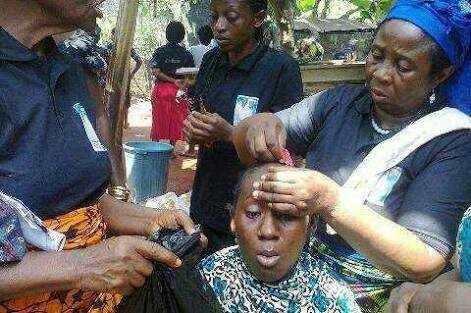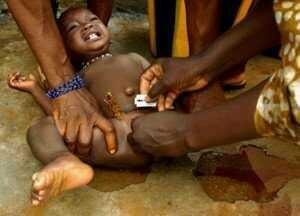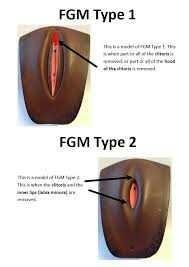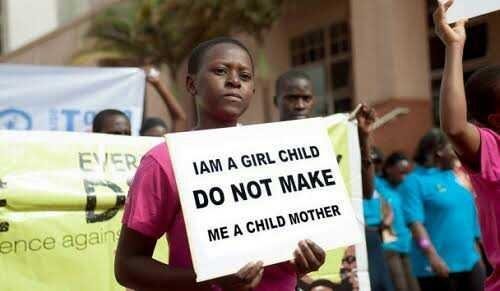WIDOWHOOD PRACTISES AFFECTING WOMEN
1) WIDOWHOOD PRACTICES
Widowhood practices, in Igboland, are based on diverse customary laws which are essentially unwritten, but have grown out of age-long practices. Varieties of widowhood practices exist in various localities in Igboland, herein used as a case study; viz.
On the death of her husband, the widow is isolated and separated from all and sundry. She may be isolated at a corner of a room, near the corpse, inside her own room or in the kitchen close to the fireplace. At times, she is not alloawed to see the corpse of her husband nor witness any of the ceremonies pertaining to his burial and funeral. Her movement is restricted as she is made to sit on the bare floor before and after the burial for a period not less than 7 native weeks (28 days). During the mourning period she is kept under surveillance (she must be accompanied to answer nature's call, or to take bath, when such 'luxury' is allowed), leaving no room for privacy. The widow may not be allowed to bath for 7 weeks: she is in some cases, forced to eat from broken earthenware with her left hand and without cutleries. Her food must be prepared away her husband's household and usually brought to her by her natal relatives or friends. Other widowhood rites include; hair scrapping/shaving generally observed all over Igboland , drinking of water used in bathing the corpse, being forced to cry at particular intervals, ritual bath and widowhood run. The widow must must mourn for a stipulated number of months or years. In most cases, a widow is blamed for the death of the husband no matter the cause of death, and certain forms of oath-talking are enforced by the daughters of the lineage (Umu-ada) for example, drinking of the water used in bathing the corpse picking kolanuts placed on different parts of the deceased husband's body. Refusal to perform any of the above-mentioned rites is prima facie evidence of guilty. Therefore, a widow must endure it all to prove her innocence, meaning that she had no hand in the death of the husband.







This post has been upvoted and resteemed, to my community members. Congratulations